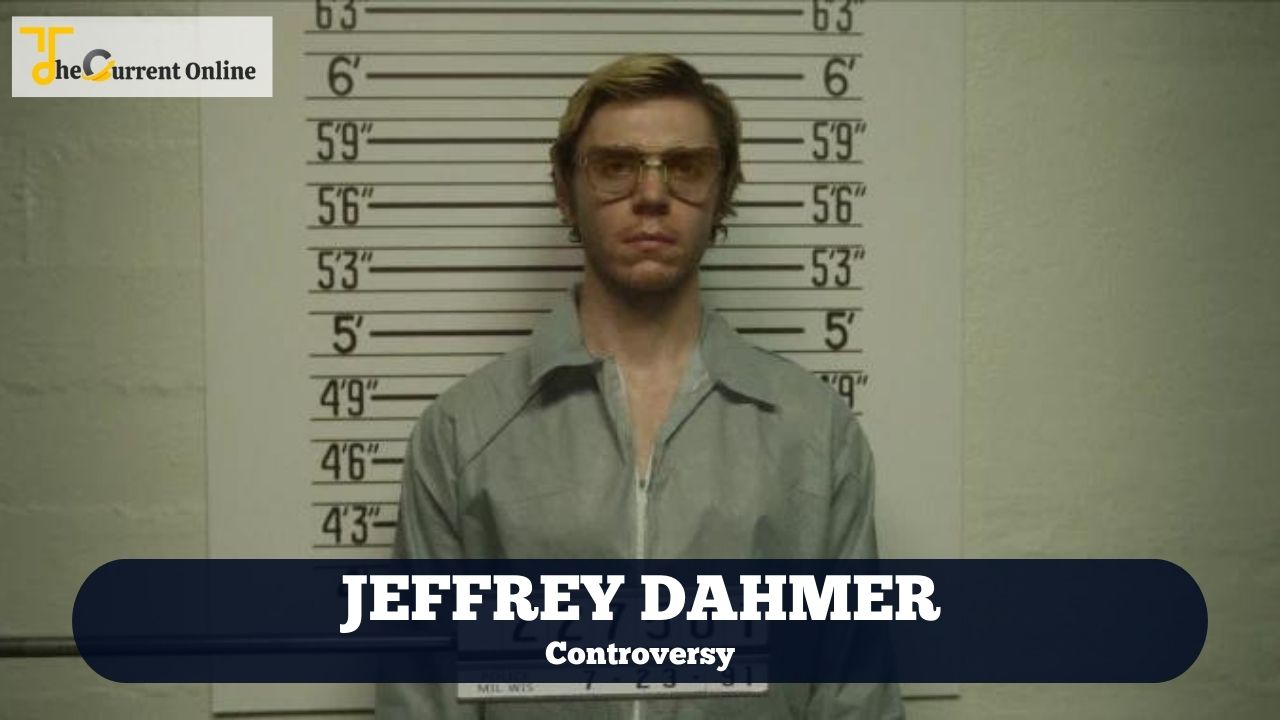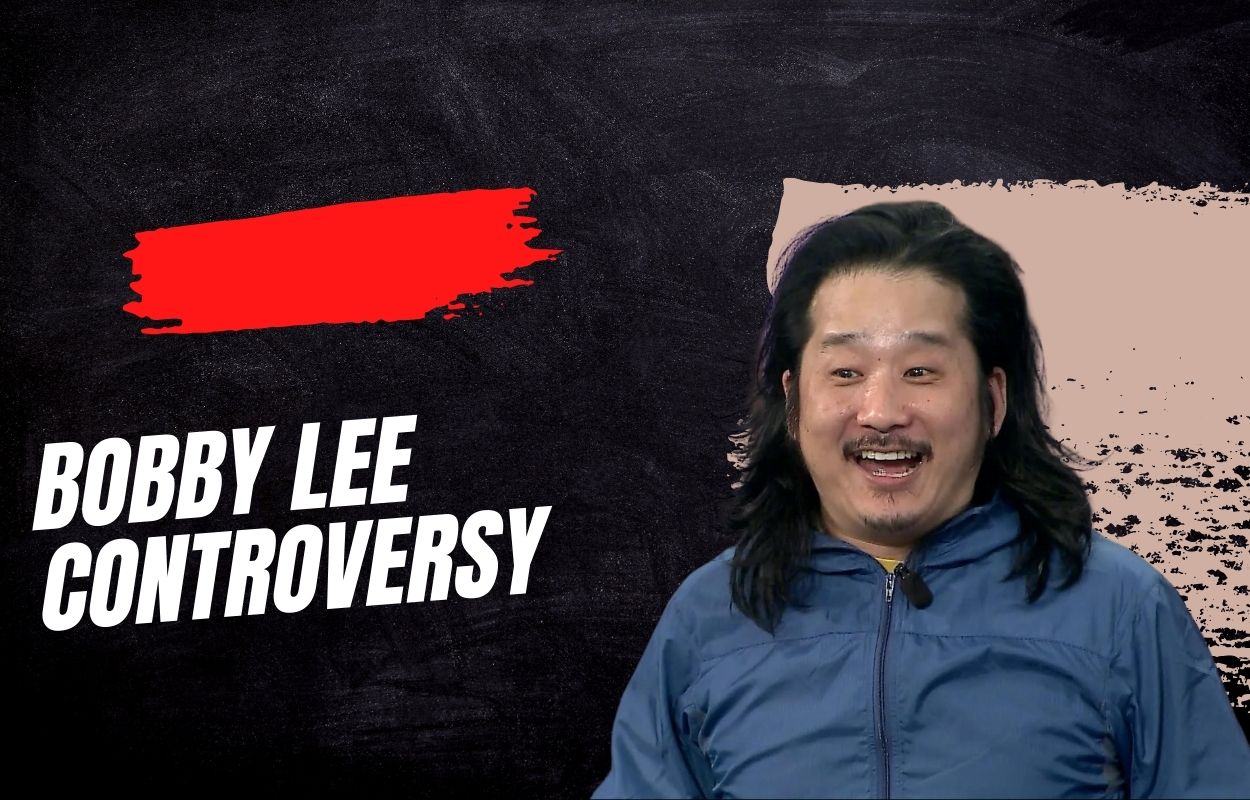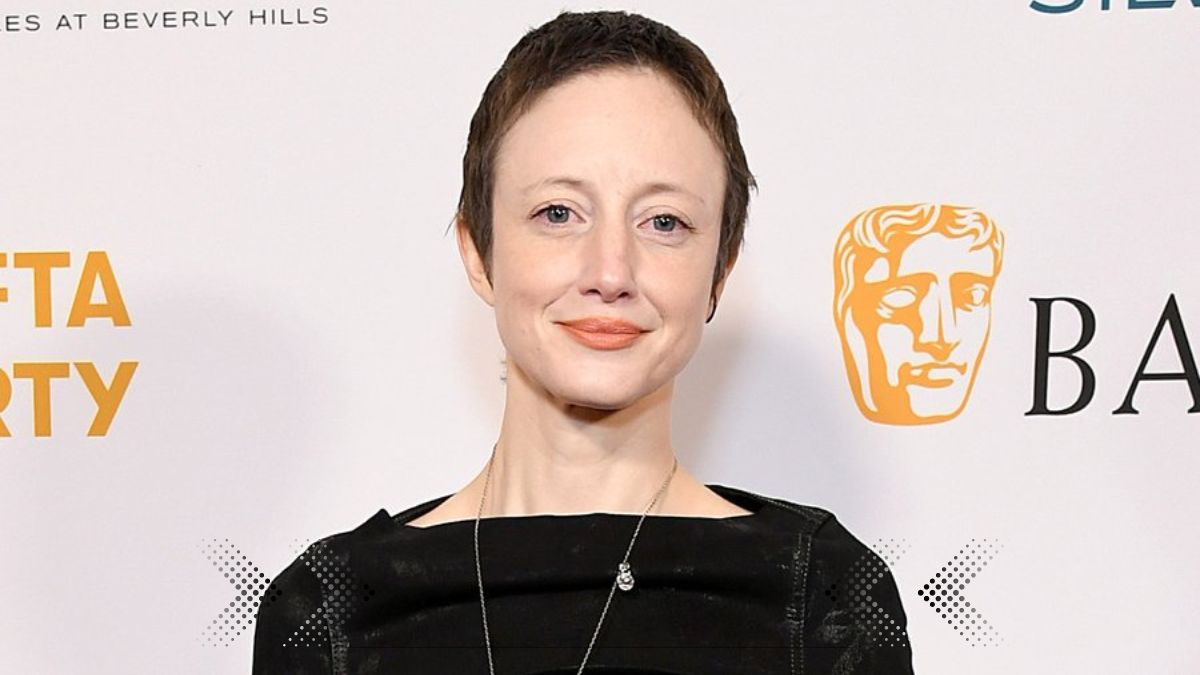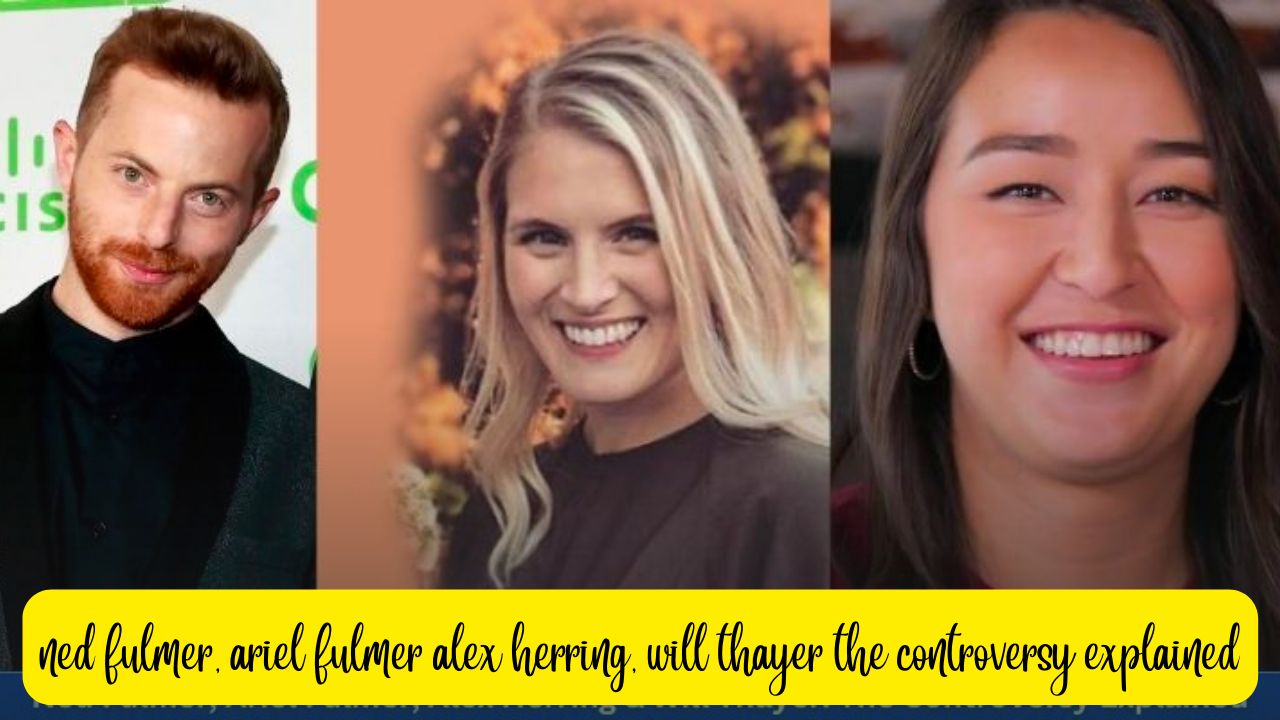Evan Peters says in a promo video for Dahmer: Monster – The Jeffrey Dahmer Story that the show isn’t really about Dahmer at all. However, given that the title mentions Jeffrey no less than three times, it shouldn’t be a surprise that the show still focuses a lot on him.
Since the show came out on Netflix, people who knew the victims have pointed out this hypocrisy, but that’s not the only problem with Ryan Murphy’s latest project with Netflix.
When Dahmer first came out on Netflix on September 21, 2022, it was in the LGBTQ+ section. Indignation came next.” The Jeffrey Dahmer series was added to the LGBTQ+ tag on Netflix. I am gobsmacked, “said one person on Twitter.
“Why did Netflix think it would be a good idea to put the “LGBT+” tag on their documentary about Jeffrey Dahmer?” another added.
A few days later, Netflix took Dahmer’s LGBTQ+ tag off without saying why. It seems likely that they did this because of the backlash online about the first decision, but we are still waiting for a statement to confirm this.
But why were people mad in the first place that Dahmer was thought to be LGBTQ+ content?
In the past, people who are prejudiced have made false and dangerous connections between being gay and bad things like murder or pedophilia. Even now, these kinds of hateful stereotypes are still around, so it makes sense that many LGBTQ+ viewers would be uncomfortable with the idea that Dahmer is an LGBTQ+ show.
The worry here is that Dahmer’s reputation as a gay predator will make people think bad things about gay people in general. Also, many Netflix users click on that tag to find positive, life-affirming representation they can’t find anywhere else, or at least something they can relate to, even if there is still some trauma involved.
We would even go so far as to say that the LGBTQ+ sections of streaming services like Netflix are a kind of digital safe space, like a queer bar or youth center. Or, at the very least, they do the same thing, letting LGBTQ+ people be themselves and learn more about who they are without fear of being hurt.
So it makes sense that many people don’t like the fact that Dahmer is in Netflix’s LGBTQ+ section. But in response, a number of (often non-LGBTQ+) users have criticized Netflix’s decision to remove the tag, saying that they gave in too easily and that LGBTQ+ people are often given too much control over our stories and how they are told.
That’s not true, of course, for reasons that are too obvious to explain here. It’s interesting, though, that Netflix’s decision has been criticized by more than just bigots. Since the LGBTQ+ tag was taken off of Dahmer after it came out, more and more gay people have criticized this decision.
Not only would it be wrong to say otherwise or gloss over that, but it would also be unfair to the victims, who were mostly queer people of color.
Sadly, the show has done just that, even though it’s not really about them at all (contrary to what Peters says in that video). If Dahmer had done its job right and put the focus on the victims instead of the killer, it would have been easier to defend Netflix’s use of the LGBTQ+ tag.
Even if the show shouldn’t have been made in the first place, it could have been a tribute to those who died or at least an important historical record of LGBTQ+ trauma instead of the sleazy gorefest that Dahmer ended up being.

We’ve already lost a lot of our history as a community, so you could argue that all of it, even the bad parts, should be kept alive now.
But in the end, how you feel about all of this will be very different for everyone, even if you’re queer yourself. “LGBTQ+” is a very broad term that includes a wide range of experiences and points of view. This makes it even harder to put a label on something like Dahmer.
Peters says that the show is about how racism and homophobia made it hard for society and our system to stop Dahmer more than once. But in reality, it’s the show that fails, especially when it comes to the victims. And that’s true whether or not you agree that it’s LGBTQ+.
Related stories recommended by this writer:
- Jeffrey Dahmer Vs Ted Bundy; Who Is The Most Dangerous Serial Killer?
- Jeffrey Dahmer Killed 17 Men – Here’s Everything You Should Know About Them



